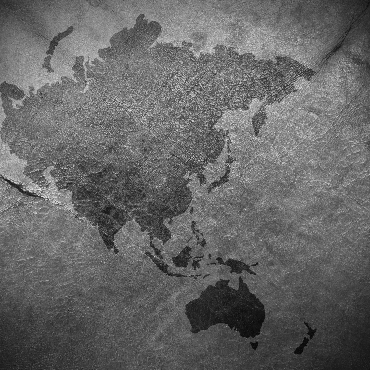HUAWEI TECH REMOVED FROM UK SYSTEMS
British communications company BT is removing Huawei equipment from its 3G and 4G networks, and pledged not to use the firm's products in the "core" of its 5G service. Huawei equipment was also being removed from the Emergency Services Network, a communication system being developed for emergency services in the UK. In neither case was it explicitly stated as to why the hardware was removed. (BBC, December 24, 2018)
BRITISH OFFICIALS WORRIED OVER HUAWEI PENETRATION
"I have grave, very deep concerns about Huawei providing the 5G network in Britain. We've got to recognize the fact, as has been recently exposed, that the Chinese state does sometimes act in a malign way," British Defense Secretary Gavin Williamson has said. Recently, MI6 chief Alex Younger asserted that the UK needed to "decide the extent to which we are going to be comfortable with Chinese ownership of these technologies." Last Fall, the U.S. indicted two Chinese hackers for infiltrating the computer networks of Western companies and government agencies. UK Foreign Secretary Jeremy Hunt called the case "one of the most significant and widespread cyber intrusions against the UK and allies uncovered to date." The British Foreign Office said the MSS had stolen so many commercial secrets that it reduced the country’s economic growth. Huawei claims it has "never been asked by any government to build any backdoors or interrupt any networks." (BBC, December 27, 2018)
HUAWEI SNIPS A LOOSE END
Polish authorities recently arrested Wang Weijing, a sales director at Huawei, and a former Polish intelligence agent on charges of espionage. A Warsaw court issued warrants for the two men, who are facing up to 10 years in prison. Huawei quickly claimed Wang’s activities had "no relation to the company" and sacked him. Wang worked as an attaché at China's embassy in Poland from 2006-11. The Five Eyes intelligence alliance countries – New Zealand, Australia, Canada, the UK, and the U.S. – have all barred the company from their national 5G networks. They claim China’s Ministry of State Security (MSS) uses Huawei as a proxy to aid help hackers and to eavesdrop on conversations or gain access to sensitive networks. Huawei, which has won a quarter of all commercial 5G contracts around the world, denies any MSS ties. By law, however, all Chinese firms must "support, cooperate with and collaborate in national intelligence work." (BBC, January 12, 2019)
CHINA OFFERED COVER TO DISGRACED MALAY PM
According to the minutes of meetings in June 2016, China’s leaders told visiting Malaysian officials they would bail out 1MDB, the government fund at the center of a multibillion-dollar graft scandal, and try to get other countries to drop their probes of allegations against then-Prime Minister Najib Razak, who had plundered the fund. Beijing also offered to bug the homes and offices of reporters in Hong Kong who were investigating the fund. In return, Najib’s government inked $34 billion in rail, pipeline and other deals financed by China’s policy banks, and built by its state construction companies and workers. Although the projects were "political in nature," both sides agreed that the public should see them as market-driven. On September 22, 2016, although they did "not have strong project financials," they moved ahead with the deals. Transcripts reveal Malaysian officials wanted some projects financed at above-market rates to generate excess cash for other needs, including Najib’s political activities. Talks were also held about letting PLA navy ships dock at two Malaysian ports. During the 2018 Malaysian political campaign, China’s ambassador campaigned openly with Najib’s coalition. Malaysia’s "new" Prime Minister, Mahathir Mohamad, who ousted Najib at the ballot box, has put many projects on hold and Najib now faces charges of money laundering and breach of trust. (Wall Street Journal, January 7, 2019)
FRESH SIGNS OF ECONOMIC WEAKNESS
China’s economy appears to be suffering the effects of the trade war with the U.S. The Shanghai Composite is down around 30% in the last 12 months, with only Turkey faring worse. China’s year-on-year exports fell -4.4% in December and imports fell -7.6%. Chinese exports to the U.S. fell 3.7% year-on-year – the first decline since October 2016. Reports suggest that Beijing will reduce their official GDP growth target from 6.5% to 6%, although the actual number is likely closer to 2%. Demand is declining, and the country’s January inflation numbers showed a drop in prices across the board. (Forbes, January 12, 2019)
Want these sent to your inbox?
Subscribe


